
We have great people. Individually, they are creative. Together, they are a collaborative, interdisciplinary team interested in developing mathematical and computational tools to extract useful biological information from large data sets. Our people make the Rabadan Lab greater than the sum of its parts. We also have a strong network of amazing alumni.
Raul Rabadan
Principal Investigator
Raul Rabadan
Principal Investigator
Raul Rabadan
Principal Investigator
Raul Rabadan, Principal Investigator
Raul Rabadan is a Gerald and Janet Carrus Professor in the Departments of Systems Biology, Biomedical Informatics and Surgery at Columbia University. He is currently the director of the Program for Mathematical Genomics at Columbia University and previously the Director of the NCI Center for Topology of Cancer Evolution and Heterogeneity at Columbia University (2015-2021). From 2001 to 2003, Dr. Rabadan was a fellow at the Theoretical Physics Division at CERN, the European Organization for Nuclear Research, in Geneva, Switzerland. In 2003 he joined the Physics Group of the School of Natural Sciences at the Institute for Advanced Study. In 2005 Dr. Rabadan became a Martin A. and Helen Chooljian Member at The Simons Center for Systems Biology at the Institute for Advanced Study in Princeton.
He has been named one of Popular Science's Brilliant 10 (2010), a Stewart Trust Fellow (2013), and he received the Harold and Golden Lamport Award at Columbia University (2014) and the Diz Pintado award (2018). Dr. Rabadan received the 2021 Outstanding Investigator Award by the National Cancer Institute. He was a member of the Cancer Convergence Team by Stand Up to Cancer. Dr. Rabadan’s current interest focuses on uncovering patterns of evolution in biological systems through the lens of genomics. His recent interests include the development of mathematical approaches to uncover the evolution of cancer and infectious diseases, including foundation models of regulation, topological data analysis and Random Matrix Theory, among many others.
Currently at the Rabadan Lab
-
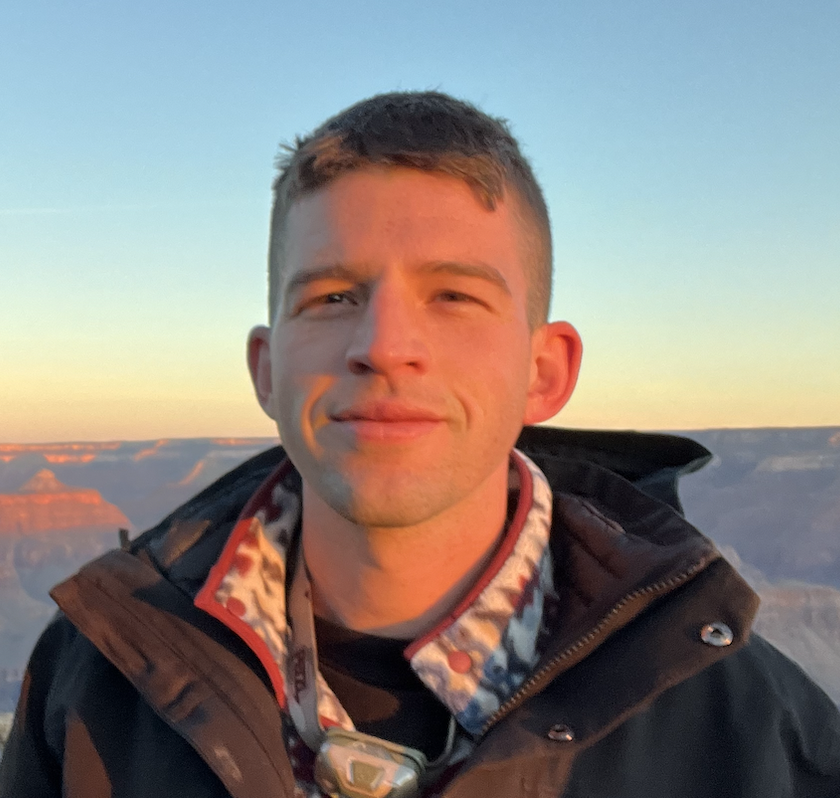
Mick Aitken
Doctoral Student
Mick is a PhD student in the Department of Physics. He graduated from the University of Florida with a B.S. in physics. At the NASA Goddard Space Flight Center and Columbia, Mick worked on precision measurement experiments in both gravitational astrophysics and atomic, molecular, and optical physics. Now in the Rabadan lab, Mick uses a computational approach to understand and harness the immune system in the context of viruses and cancers.
✉️ mpa2143@columbia.edu
-

María del Mar Álvarez-Torres
Post-Doctoral Researcher
Mary Alvarez-Torres, PhD, is a Computational Biologist specializing in Integrative Cancer Research. Her multidisciplinary work combines -omics, artificial intelligence, and biostatistics to explore the impact of noncoding mutations on oncogenesis and treatment response. She analyzes a variety of data, including single-cell transcriptomic, genomic, and epigenetic sequencing, as well as clinical data and medical imaging, such as MRIs. With a particular focus on aggressive and heterogeneous cancers like glioblastoma and B-cell lymphomas, Mary has led collaborative projects since her PhD, including multicenter studies with over ten institutions. Her goal is to bridge cutting-edge technology and cancer research to better understand cancer mechanisms and improve treatment strategies.
ℹ️ Linkedin
-
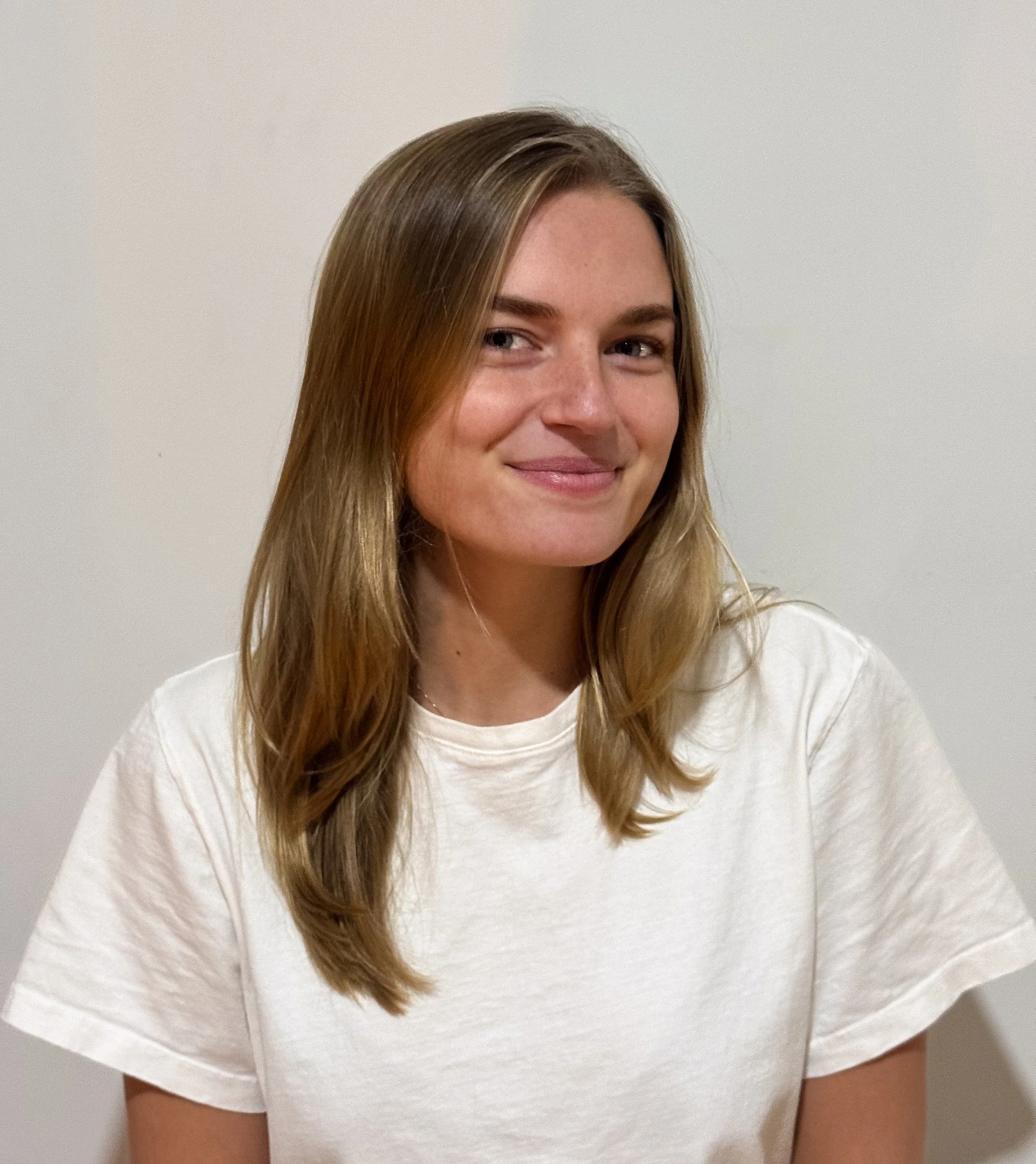
Kate Bonner
Master’s Student
Kate Bonner is a master’s student in Columbia University’s Quantum Science & Technology program. She earned her bachelor’s degree in physics from Georgetown University. Her research focuses on quantum algorithms and their applications to NP-hard combinatorial optimization problems in genomics.
-

Qingyuan Cai
Rotational Doctoral Student
Qingyuan is a rotating PhD student in Systems Biology program. He received his BS in Biological Sciences and BS in Artificial Intelligence from Peking University in 2024. Previously, he worked in Zemin Zhang’s lab, focusing on the mechanisms of resistance to immunotherapy in NSCLC patients by analyzing scRNA-seq data. Qingyuan’s research interest lies in developing computational methods and analyzing multi-omics data for cancer genomics.
✉️ qc2358@cumc.columbia.edu
-
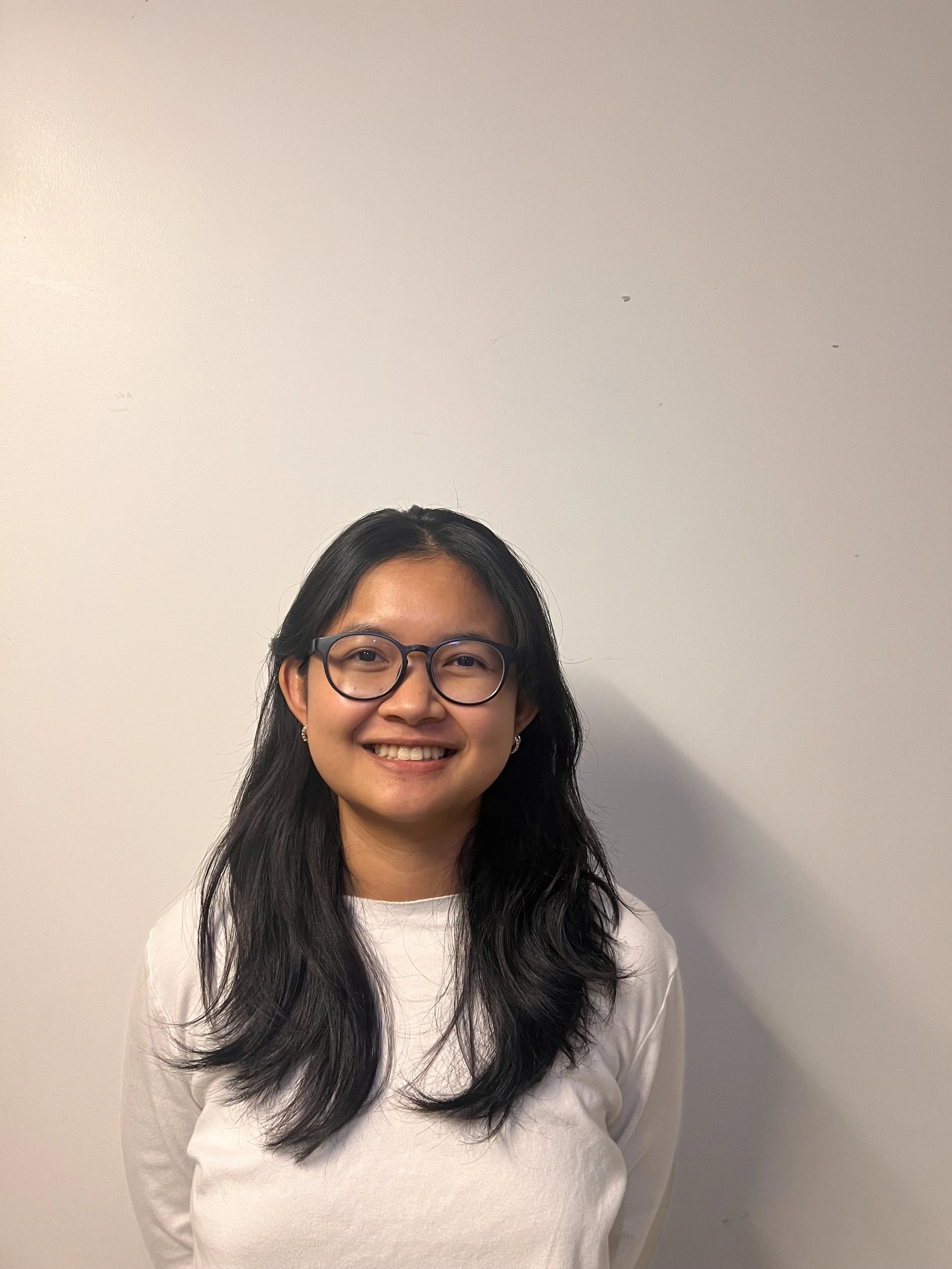
Rika Chan
Intern
Rika is currently an undergraduate student at Barnard College, Columbia University, studying Computational Biology. She is interested in using machine learning models to predict viral evolution. She is also interested in developmental biology and is currently working in Prof. Mansfield lab on characterizing brown adipose tissue lineage commitment.
-
Ziwei Chen
Post-Doctoral Researcher
Ziwei Chen is a Postdoctoral Research Scientist in the department of Systems Biology. She received her PhD degree at the Academy of Mathematics and Systems Science, Chinese Academy of Sciences. Her research interests focus on data analysis and method development for complex data in biological systems, especially related to high-throughput single-cell sequencing data.
✉️ zc2703@cumc.columbia.edu
-

Seung-won Choi
Post-Doctoral Researcher
Seung-won Choi is a postdoctoral research scientist in the Rabadan Lab and an MD/PhD with a specialty in Neurosurgery. She received her MD from the Ewha Womans University College of Medicine, her MS in Medicine from Ulsan University College of Medicine, and her PhD in Health Science and Technology from Sungkyunkwan University. Her research interests are data-driven precision oncology and neuro-oncology clinical trials. Her current project involves unraveling genome-phenotype association in glioma patients using multi-omics data including genomics and radiomics.
✉️ sc5006@cumc.columbia.edu
-
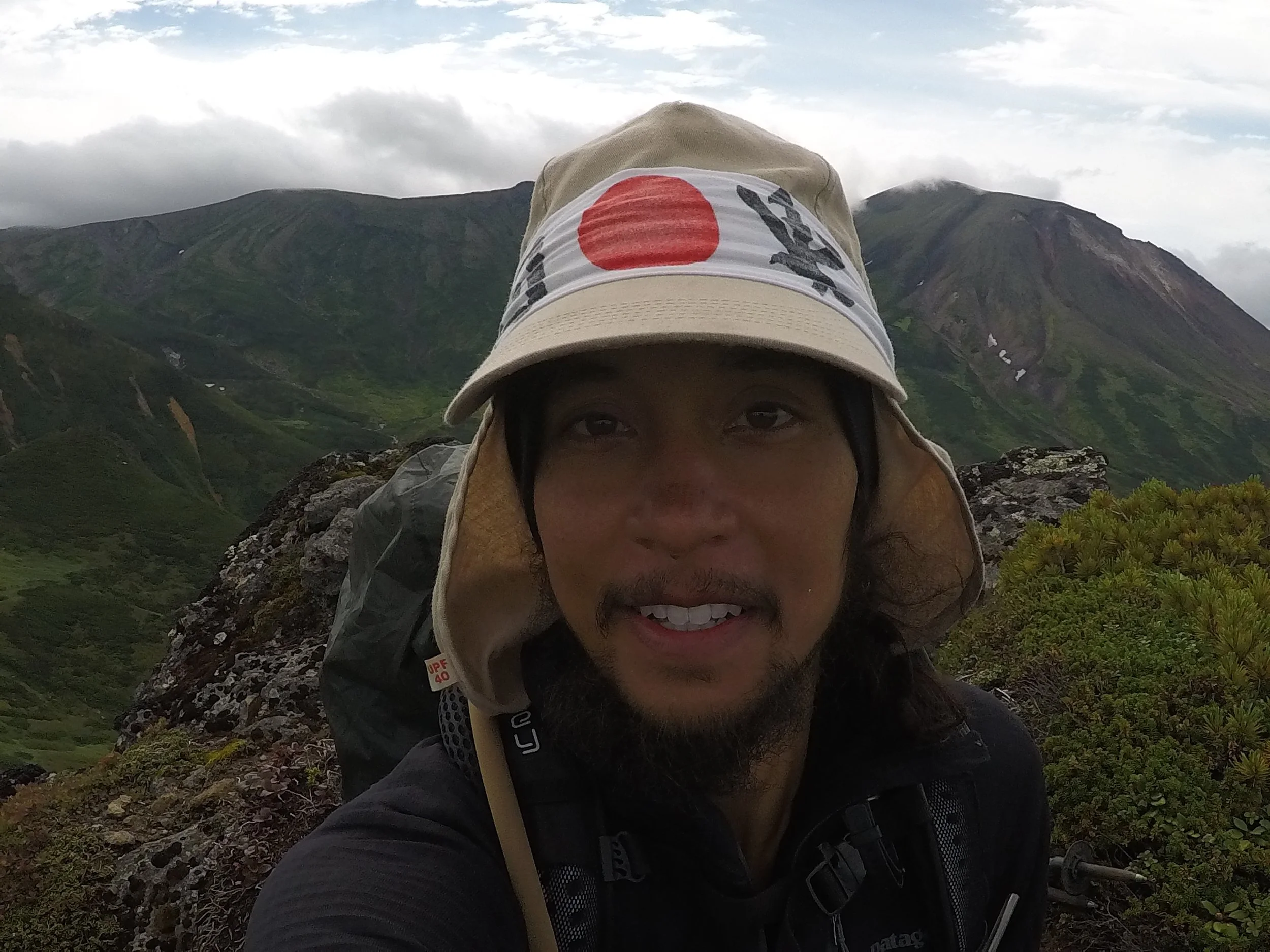
Dambrosia, Christopher
Post Doctoral Researcher
Christopher is a postdoctoral researcher who received his BS from Princeton University, an MSc in Computer Science and Engineering from Columbia University, a PhD in Computer Science and Engineering from the University of California San Diego, and an MD from Columbia University. He currently works as a Postdoctoral Researcher, focusing on multimodal learning for scientific discovery and medical-surgical applications. His research lies at the intersection of computer science, artificial intelligence, and medicine, where he applies advanced machine learning techniques to solve complex medical challenges and enhance surgical procedures.
-

Xi Fu
Doctoral Student
Xi received his B.S. in Cell and Molecular Biology and M.Phil in Computer Science from The Chinese University of Hong Kong in 2016 and 2019, respectively. During his M.Phil study in Dr. Kevin Yip's group, he developed a framework for analyzing noncoding regulatory variants using whole-genome sequencing data and applied it to study the etiology of Hirschsrpung's disease. His research interest is about the system biology and genomics problems in human diseases. Xi is currently a PhD student at Department of Biomedical Informatics in Columbia University. In the Rabadan Lab, he works on methods and analysis of the noncoding regulatory variants in B cell acute lymphoblastic leukemia and glioma.
✉️ xf2217@cumc.columbia.edu
-

Jun Hou Fung
Post-Doctoral Researcher
Jun Hou Fung is a postdoctoral research scientist in the Department of Systems Biology. He obtained his PhD in Mathematics from Harvard University, where he specialized in algebraic topology and homotopy theory. Currently, he is interested in studying hematopoietic stem cells and their response to various perturbations as well as the molecular biomarkers of aging using multimodal bulk and single cell measurements. Jun Hou is also developing ideas from topological and geometric data analysis into general-purpose data analysis tools. Previously, he has worked on elucidating the genetics and structure of the C. elegans nervous system.
✉️ jf3380@cumc.columbia.edu
-
Alberto Langtry
Post-Doctoral Researcher
Alberto Langtry is a Postdoctoral Research Scientist in Columbia University’s Systems Biology department, where he applies his expertise as a Computational Biologist to immuno-oncology research. He completed his international PhD in Epidemiology and Public Health at the Spanish National Cancer Research Center (CNIO) in Madrid. He did his first postdoctoral research at CNIO investigating how the Major Histocompatibility Complex (MHC) influences genetic susceptibility and prognosis in pancreatic cancer through integrative genomic analysis.
Currently, his research is focused on exploring the role of MHC as a prognostic marker for across various cancer types, employing multi-omics data integration and advanced bioinformatics methodologies. His work aims to identify novel biomarkers and therapeutic targets to enhance clinical management strategies and improve the efficacy of immunotherapies and other cancer treatments.
-

Chris Lingunis
Master Student
Chris Lingunis is an M.A. student in the Department of Biomedical Informatics. He received his B.S. in Biology with Specialization in Bioinformatics from the University of California - San Diego, where he also worked at the Rana Lab studying RNA expression profiles in the tumor pathogenesis of various cancers. Chris is interested in applying and developing new computational methods regarding immunology and cancer multi-omics research.
-
Keer Lu
Master’s Student
Keer is a master's student in biomedical engineering. She received her B.S. in biology from the University of California, Irvine, and she worked in the molecular biology Lab on TNA aptamer discovery and cross-linking, focusing on thrombin binding. Keer is interested in fine-tuning the GET transcription foundation model on glioblastoma (GBM) datasets to improve tumor-specific prediction and interpretability.
-
Yoonhee Nam
Post-Doctoral Researcher
Yoonhee Nam is a Postdoctoral Research Scientist in the Department of Systems Biology at Columbia University. She received her PhD degree at the Hong Kong University of Science and Technology, where she focused on identification and prioritization of somatic and germline mutations in brain vascular diseases. Her current interest is mutational signatures in cancers.
✉️ yn2427@cumc.columbia.edu
-

Jean-Baptiste Reynier
Doctoral Student
Jean-Baptiste received a B.S. in biology and an M.S. in computer science at the University of Chicago. He then worked as a data analyst in the Olopade Lab, studying the tumor microenvironment in breast cancer patients of African ancestry. Jean-Baptiste is currently a PhD student in the Department of Biomedical Informatics. He is interested in developing new computational tools in genomics, especially in the fields of cancer research and immunology.
✉️ jfr2137@cumc.columbia.edu
-
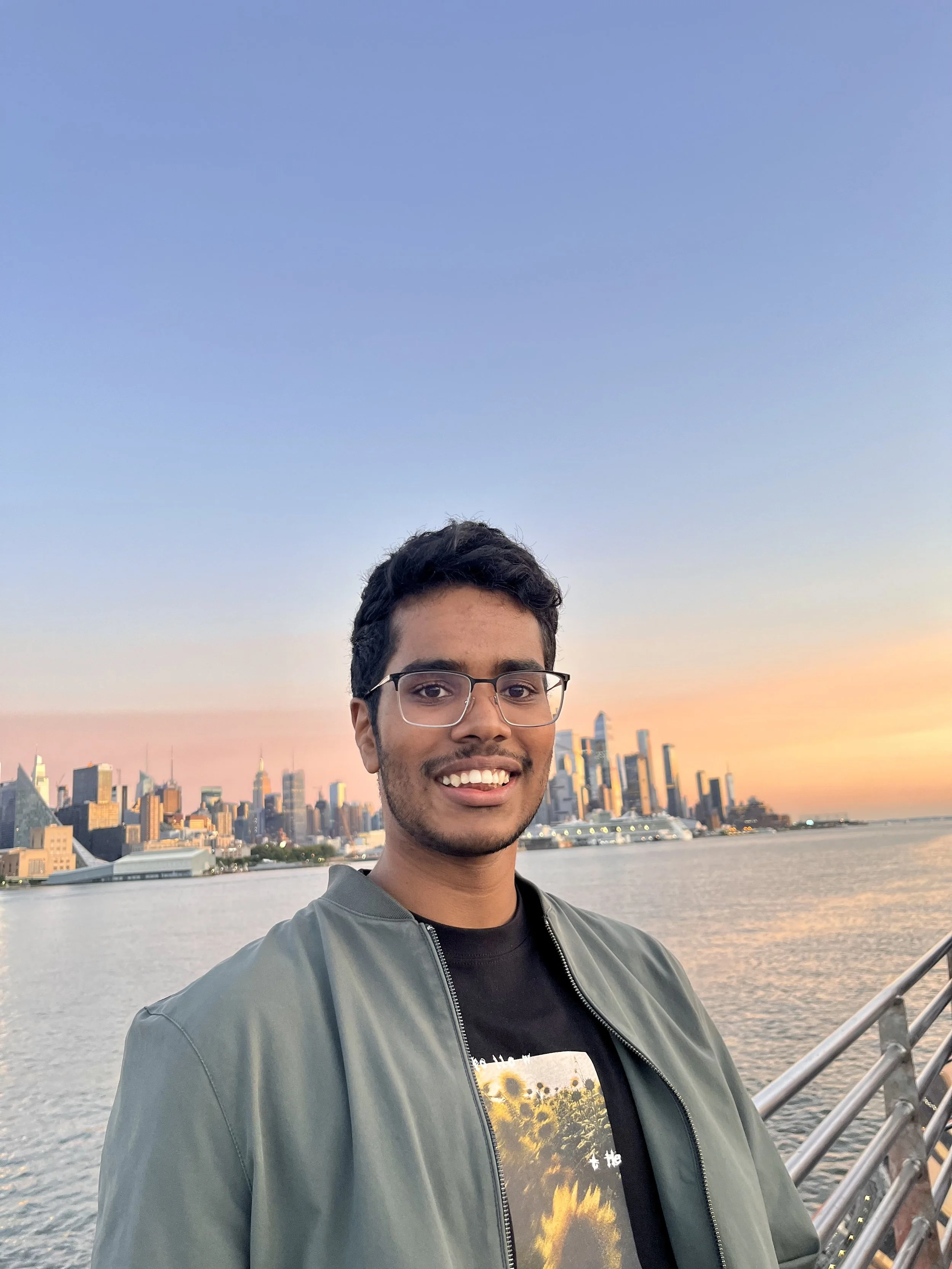
Pranay Satya
Rotational Doctoral Student
Pranay Satya is a PhD Rotation Student in Systems Biology with a strong foundation in bioengineering. He earned his B.S. in Bioengineering from the California Institute of Technology (Caltech) in 2024. During his undergraduate studies, he gained valuable research experience working with Dr. Richard Murray, focusing on metabolic engineering and synthetic biology projects. He later transitioned to Dr. David Van Valen's research group, where he contributed to live-cell reporter design utilizing deep learning methodologies. Currently, his research interests center on the integration of molecular modeling and deep learning approaches. As a PhD student, he is now completing a rotation in Systems Biology, building upon his interdisciplinary background that combines biological sciences with computational methods.
-
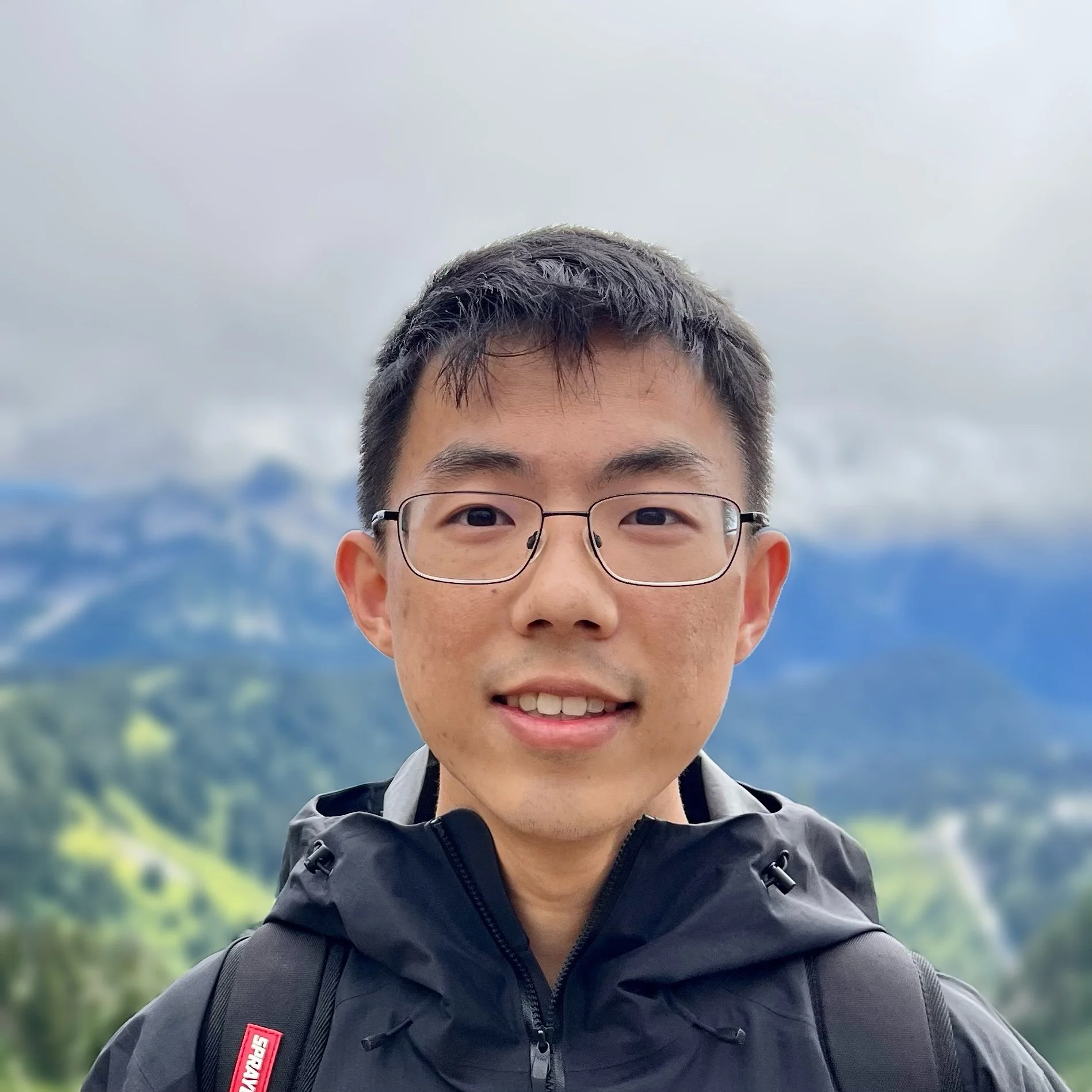
Jiayu Su
Doctoral Student
Jiayu Su is a PhD student in the Department of Systems Biology and is jointly supervised by David Knowles. Prior to Columbia, he received his BS in Biology and BS in Applied Mathematics from Peking University in 2020, where he explored statistical methods for single-cell genomics and multi-omics data. Currently, Jiayu is interested in the functional impact and regulation of alternative splicing in cancer, and is always enthusiastic to develop new computational tools for genomic advances such as spatial omics.
✉️ js5756@cumc.columbia.edu
-
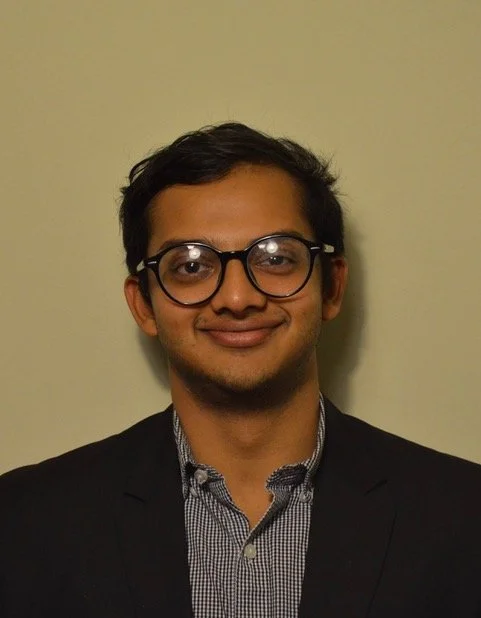
Vinay Swamy
Doctoral Student
Vinay is a PhD student in the Biomedical Informatics department at the Columbia University Medical Center. He received his B.S. in Biochemistry from UCLA in 2018. After college he worked at the National Eye Institute in Bethesda, Maryland developing methods for integrating single cell RNA-seq from multiple studies and developing webapps for visualizing transcriptomic data. He is interested in protein machine learning methods and their applications in human health and disease.
✉️ vss2134@cumc.columbia.edu
-

Anqi Wang
Associate Research Scientist
Anqi Wang is an Associate Research Scientist in the department of Systems Biology. He received his PhD degree at the Academy of Mathematics and Systems Science, Chinese Academy of Sciences. He has experience in various areas of computational biology research, including sequence alignment, genome assembly for short sequencing reads (Illumina), error correction, isoform identification and modification detection for long sequencing reads (PacBio and ONT). Anqi is focusing on data analysis and method development for high-throughput sequencing data.
✉️ aw3291@cumc.columbia.edu
-

Haoyu Wang
Doctoral Student
Haoyu Wang is a Pharmacology PhD student at Columbia University and is jointly supervised by Prof. Dian Yang. Haoyu received his B.S. in Pharmaceutical Sciences and M.S. in Chemical Biology from Peking University in 2022 and 2024, respectively. During his research career in Prof. Tao Liu’s group at Peking University , he integrated genetic code expansion technology, bioorthogonal chemistry, and computational models for protein engineering. Currently, Haoyu's research interest is in lineage tracing and cell state transitions for tumor evolution research.✉️ hw3046@cumc.columbia.edu -

Jianhua Wang
Post-Doctoral Researcher
Jianhua Wang is a Postdoctoral Research Scientist in the Department of Systems Biology. She received her PhD in Microbiology from Nanjing Normal University, where she was fascinated with Paleovirology and studied the origin, diversity and evolution of reverse-transcribing viruses. Currently, her research interests focus on the interaction between viruses and cancers.
✉️ jw4562@cumc.columbia.edu
-
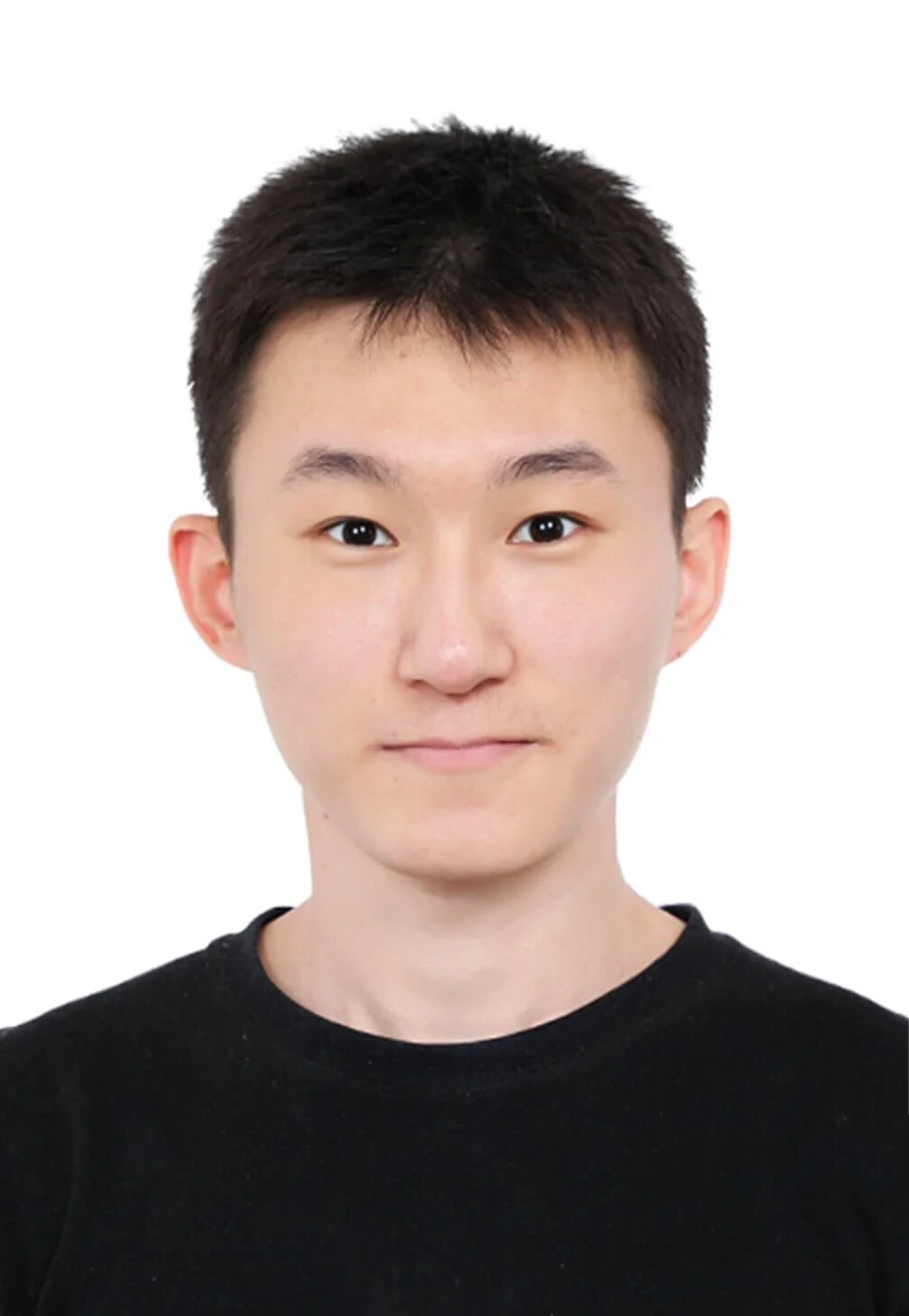
Haochen Yang
Rotational Doctoral Student
Haochen is a PhD student in the Department of Biomedical Informatics. He received his B.S. in Biological Sciences from Peking University in 2022 and M.S. in Biostatistics from the University of Pennsylvania in 2024. At UPenn, he worked in Prof. Mingyao Li’s lab, focusing on the multi-modal integration of spatial transcriptomics. His current research interests involve developing and applying computational methods to study the tumor microenvironment in cancer.







